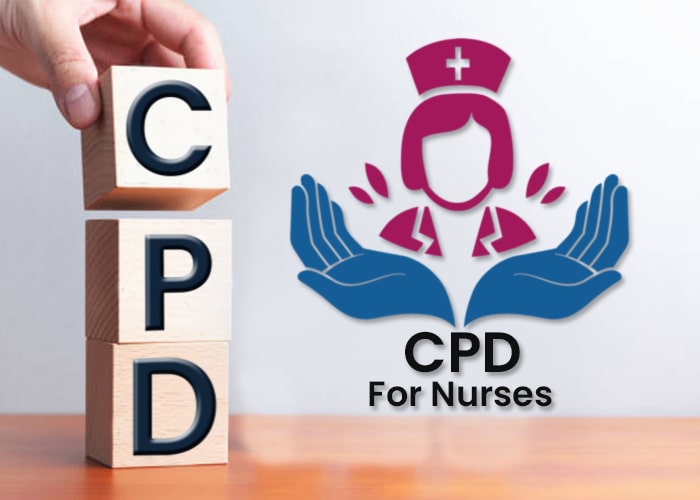Continuing Professional Development (CPD) is an essential aspect of nursing practice that helps to ensure nurses remain at the top of their game. CPD refers to the ongoing process of learning that can further enhance one’s knowledge. It ensures that nurses can remain competent, knowledgeable, and up-to-date with the latest trends.
Importance of CPD for nurses:
CPD is important because the healthcare industry constantly evolves with new technologies and treatments. This is where continuing professional development comes into play to keep nurses knowledgeable and train new skills vital to modern times.
Acquiring CPD training:
Some of the ways one can acquire Continuing Professional Development (CPD) training are as follows:
- Attend workshops and training courses
- Take online courses
- Read professional journals
- Participate in research
- Seminars
- Active Group Training
What to expect from CPD training?
Maintain expertise:
CPD provides opportunities for nurses to refresh, and enhance their knowledge and skills. Here all new trends and technologies in the nursing industry can be updated for nurses.
Career development:
With CPD it can open doors to new opportunities and the overall career development of nurses. Advancement in specific areas can be achieved as a nurse continues to develop through Continuing Professional Development training.
Improve Quality Patient Care:
Nurses can improve their skills, knowledge, and consistency of quality of patient care with CPD courses. CPDs can ensure the efficiency of proper communication and understanding between nurses, doctors, and patients.
Regulatory rules:
Failure to meet the demands set by rules and regulations can result in disciplinary actions and even revoke the license of nurses. To meet the standards set, nurses are required to take part in Continuing Professional Development training as a part of their registration and license requirements.
Keeping up with the trends by taking Continuing Professional Development (CPD) is essential for nurses to have an expert and well-balanced career. It is a professional obligation that is critical to providing high-quality nursing care.




